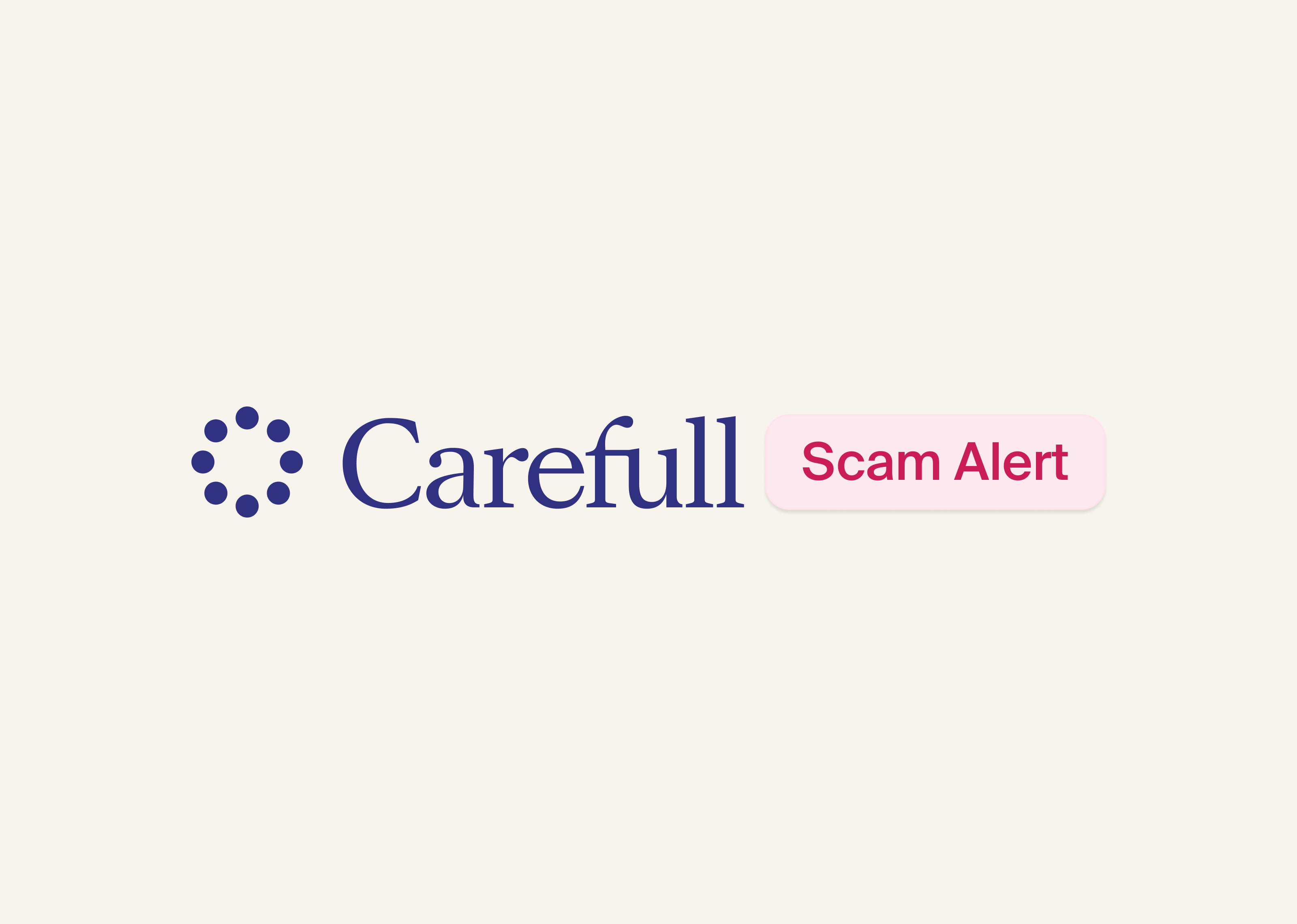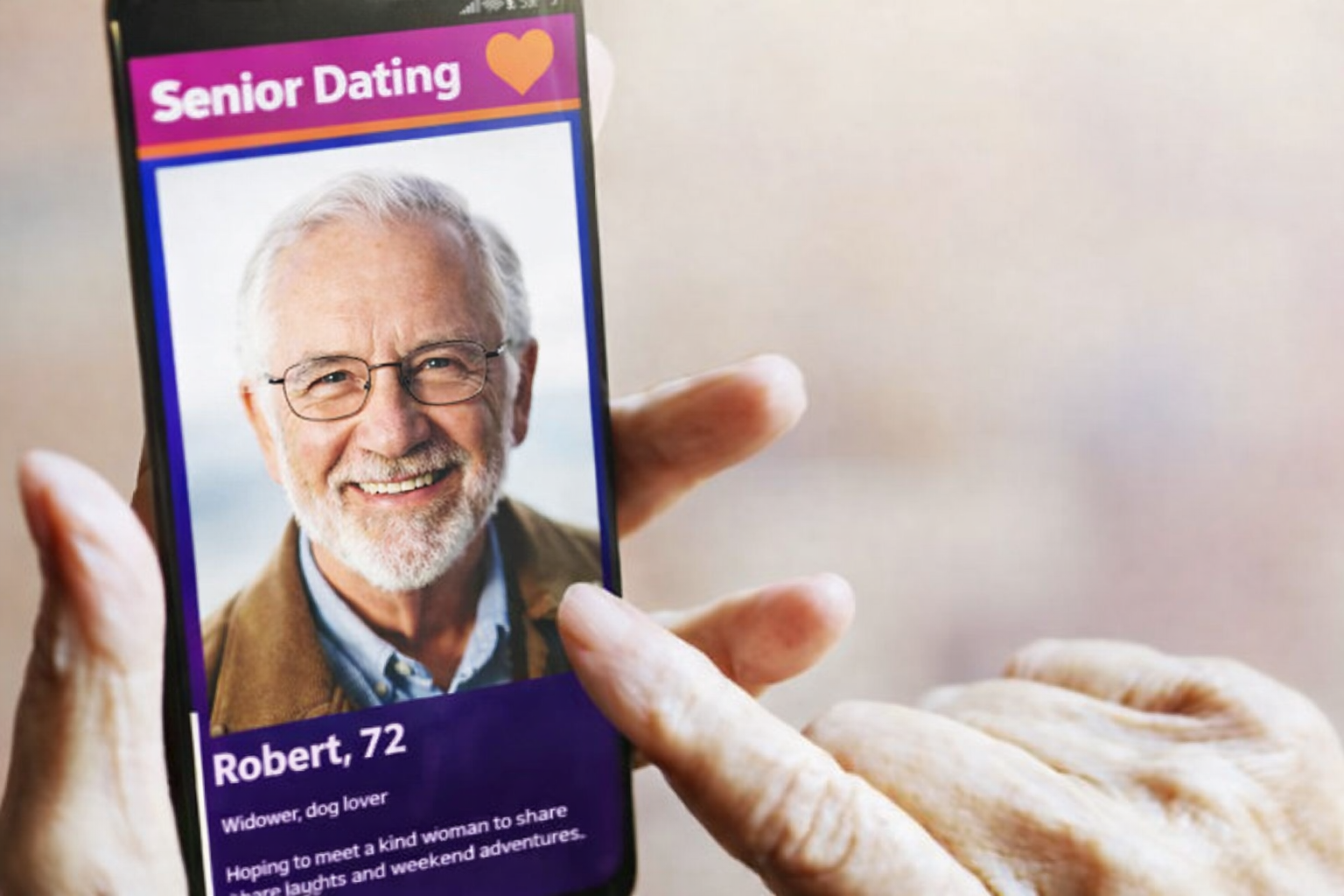That Celebrity-Endorsed Product Could Be a Scam

For years, scammers have taken advantage of social media to impersonate celebrities and ask for money. However, they have gotten more sophisticated with their social media posts.
Scammers now are using artificial intelligence technology to create phony celebrity endorsements for products, according to the Better Business Bureau. By using images and videos of popular celebrities, they hope to gain trust and take advantage of unsuspecting consumers.
Find out how these phony celebrity endorsements work and how to avoid falling for these scams.
How fake celebrity-endorsement scams work
Scammers are posting photos and videos on social media sites of celebrities endorsing various products. Often these products are related to weight loss and health supplements. The social media posts show photos of celebrities using the products or feature videos with celebrities’ voices talking about the products. And the posts appear to come from celebrities’ social media accounts.
However, these photos and videos are fake. Scammers use artificial intelligence technology to create images that look like celebrities and audio clips that sound like their voices. They use the AI-generated images and voices of celebrities to gain the trust of consumers.
For example, a consumer reported seeing an online ad for keto gummy bear supplements featuring Oprah Winfrey’s face. According to the BBB report, the consumer said the ad featured an offer to buy one bottle of gummies for $49 and get a second one free. When the consumer clicked on the link and placed an order, the consumer got an email the next day stating that the order had been processed for $198. The company wouldn’t refund the customer, and the gummies arrived from a company that had no affiliation with Oprah Winfrey.
[ See: Don’t Fall for Weight-Loss Product Scams ]
How to spot fake celebrity endorsements
The BBB recommends taking the following steps to avoid falling for ads for products that appear to be endorsed by celebrities but actually are scams.
- Don’t believe everything you see online. Scammers can take advantage of technology to type in what images they want to create using AI image generators. So you can’t assume that the celebrity featured in an ad is the actual person. It could be an AI-generated image.
- Look for signs that a video is fake. You can spot what are called deepfakes if you look closely at videos featuring celebrities. They tend to have blurry spots, changes in video quality, and changes in the background or lighting. The celebrities might have double edges around their faces, and they might have unnatural blinking or not blink at all.
- Listen closely to the audio for choppy sentences, unnatural phrasing, odd inflections and out-of-place background noises.
- Research companies before making purchases. Scammers impersonate celebrities to win your trust and persuade you to buy the products they’re trying to sell. However, before you click the link to buy the product your favorite “celebrity” is promoting, check out the company that is selling the product. Search the company’s name online along with the word “reviews,” “scam” or “complaint.” Also, visit BBB.org to see reviews of the company.
You also could search online for the name of the celebrity and the product the celebrity supposedly is endorsing. For example, if you search for “Oprah weight loss gummies,” you’ll see reports that those products are being sold without Oprah Winfrey’s permission to use her name or photo.
You can report imposter social media accounts touting celebrity-endorsed products to Facebook. If you see misleading offers posted on Instagram, you can report them by going to their profile, clicking on the three dots in the top right corner and selecting “Report” from the drop-down menu.
If you do buy a product after seeing a fake celebrity endorsement and are unhappy with your purchase, contact your credit card company if you bought the item with your credit card. You have the right, under the Fair Credit Billing Act, to dispute certain charges for items or services you paid for but didn’t receive and for items that arrive damaged or defective.
[ Keep Reading: How to Recognize and Avoid Text Scams ]

3 Steps to Safer Money,
Try it Free for 30 Days
Step 1
Start your free,
no-risk trial
Step 2
Connect the accounts and cards you want protected
Step 3
Stay alerted to any
unusual activity



.png)



